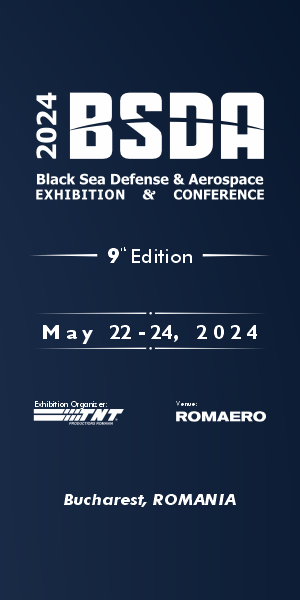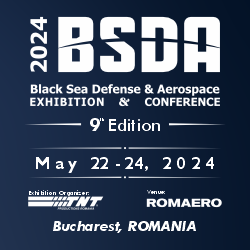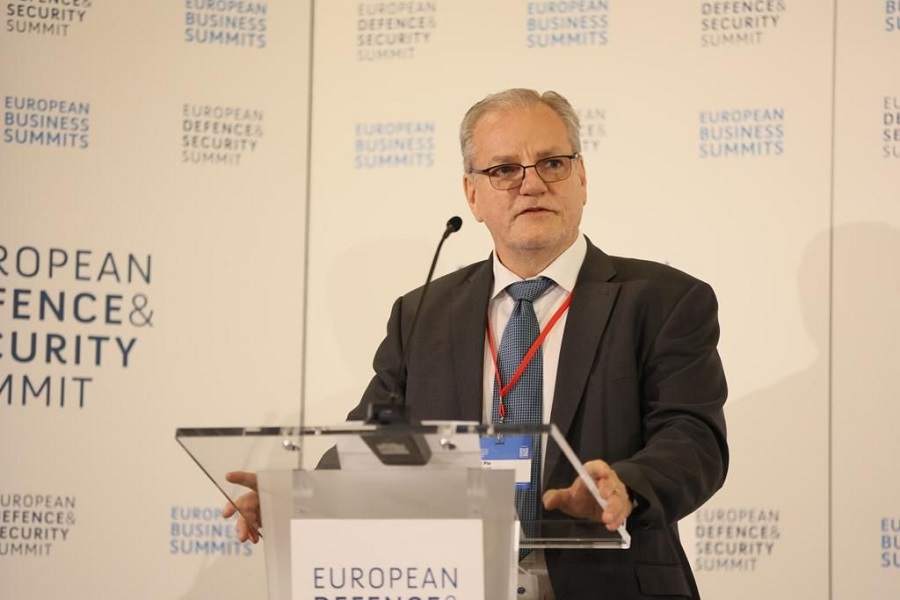“We are targeting those carrying out information manipulation and interference as part of a broader hybrid campaign by Russia against the EU and the member states. With these new listings we are sending a strong signal that we know how they manipulate our information space and how they operate. We are strong in our resolve to prevent, deter and respond effectively with new instruments to these threats,” said Josep Borell, High Representatives for Foreign Affairs and Security Policy.
In particular, the Council imposed restrictive measures on Inforos and three of its founders. Inforos is an online outlet which is closely linked to the Russian military intelligence (GRU), and is responsible for setting up more than 270 media proxy online outlets that disseminate propaganda in support of Russia’s war of aggression against Ukraine.
Other listings concern: ANO Dialog, a Russian non-profit organisation created by the Moscow Department of Information and Technology and closely linked to the presidential administration, the Institute of the Russian Diaspora, and Social Design Agency and Structura National Technologies, two Russian IT companies involved in the Russian-led digital disinformation campaign ‘RRN’ (Recent Reliable News), and prominent representatives of the above-mentioned entities.
Over the past months, the EU has developed its tools and approaches to address foreign information manipulation and interference (FIMI). The adopted measures are part of this policy.
Altogether, EU restrictive measures in respect of actions undermining or threatening the territorial integrity, sovereignty and independence of Ukraine now apply to about 1 800 individuals and entities altogether. All those designated are subject to an asset freeze and EU citizens and companies are forbidden from making funds available to them. Natural persons are additionally subject to a travel ban, which prevents them from entering or transiting through EU territories.
In its conclusions of 23 March 2023, the European Council reiterated the Union’s resolute condemnation of Russia’s war of aggression against Ukraine, which constitutes a manifest violation of the United Nations Charter. The European Council also reiterated that the EU remained committed to maintaining and increasing collective pressure on Russia, including through possible further restrictive measures. The European Council also stated that the EU would intensify its work with partners to counter false Russian narratives and disinformation about the war.
Source: Council of the European Union.





























